South Asia, like many other regions around the world, is experiencing a crisis in providing quality education. As I explained in my previous blog post, this has been difficult to resolve because of the area’s highly contextual problems and dearth of proper assessment tools. Regional assessments, like SACMEQ, PASEC and LLECE, can provide cross-national comparisons of learning levels while driving the learning agenda among member countries, but they require significant cooperation and technical, institutional, political, and financial support to function effectively. In order to discern just how successful a regional learning assessment could be in the South Asia region, the Center for Universal Education and Brookings India conducted a landscape analysis of South Asia’s readiness and support for such a platform. The research led us to several important conclusions, detailed below, which were shared in New Delhi this past June at a meeting of key education actors in India and Nepal.
First, countries in South Asia are open to carrying out system-wide assessments of learning outcomes, as can be seen from their national assessments of variable quality and frequency; these broad assessments, however, are not tied to a long-term vision with a systematic action plan. The assessment results are often not used to inform pedagogy, curriculum, or teacher development, and thus the education systems continue to struggle. Countries in the region need support in applying assessment results to education inputs so they can improve the quality of education.
Second, actors engaged closely in the South Asian educational systems recognize the wide variance in assessment capabilities in the region, both at the national and the sub-national levels. There are large gaps in each system’s capacity to build, implement, analyze, and use assessments and data. Much of the capacity-building initiatives thus far have only addressed short-term needs and have failed to produce lasting change. There needs to be a systemic increase in dedicated institutions that train and certify regional actors in educational measurement and conduct research on the science of learning.
Third, South Asia’s unique learning problems, such as the overemphasis of rote-learning practices and presence of multiple languages of instruction, make regional assessments more suitable than international ones. There is a general perception that current international assessments fail to address issues of regional context and thus the information they capture is insufficient to diagnose learning needs of the South Asian region. Education experts in the region view a regional learning assessment as contextually more appropriate for South Asia given the issues it faces, such as widespread cultural and linguistic heterogeneity, low levels of teacher preparedness, limited resources, high number of first-generation learners, and general perception of teaching as a lower-status profession.
Last, the review revealed that the timing is right for such an initiative. Given the emphasis on learning outcomes in the Sustainable Development Goals for education, South Asian countries will be open to regional assessment initiatives that enable them to tackle the twin issues of quality and assessment capacity. Key representatives from the ministries and donor partners at the New Delhi meeting agreed that the most suitable approach will be one that institutionalizes a dedicated assessment training and research body in the region to address the goals of designing and implementing the regional learning assessment, with involvement of the partner governments, while also serving as the central regional institution for learning research and data science.
While the vision for a South Asian regional learning assessment is certainly ambitious, one approach to making it work is to start small, beginning with an initial pilot in a few interested countries. Region-wide assessments can be built up from these first few nations, and a dedicated training and research body can methodically build assessment capacity and train key educational actors in evaluation techniques. This approach will ensure steady improvement and contribute simultaneously to short-term and long-term goals, ensuring improvements in learning in the South Asian system can be sustained far into the future.
While improving student learning is not exactly rocket science, experience across the world shows it may be more difficult to achieve than is often admitted. This is not to suggest that improving learning outcomes in areas that face singular contextual issues, like South Asia, is impossible to achieve. The challenge requires innovative solutions, focused research into student learning, and collaborative effort to improve the quality of education. Real systemic change can happen, if it is planned as a long-term solution and not a quick fix.
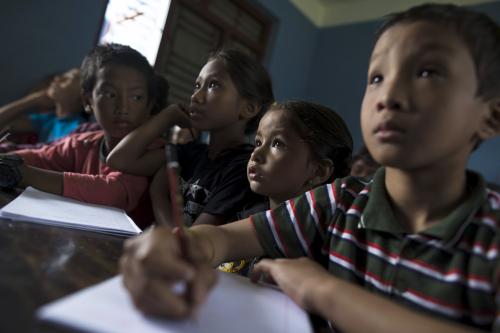
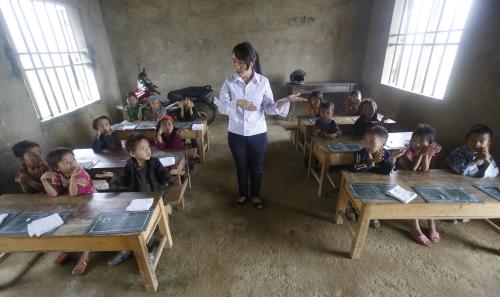
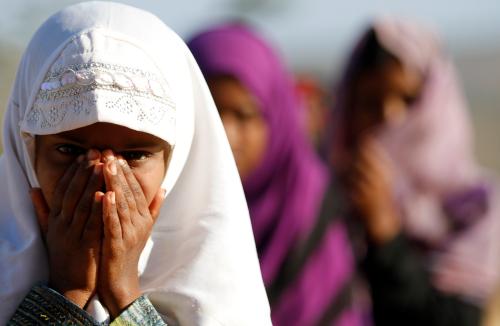
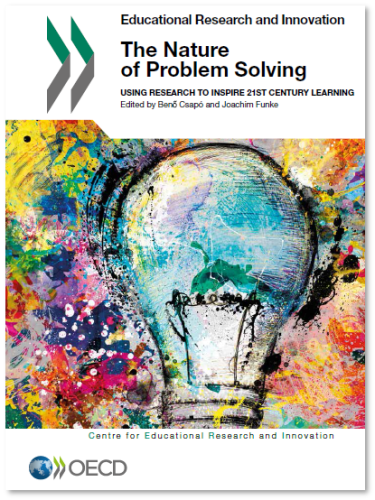
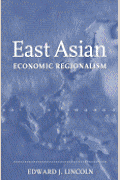
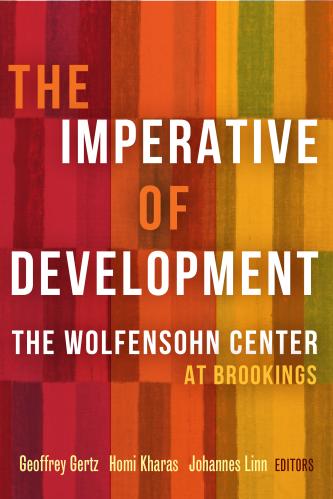


Commentary
The need for a regional learning assessment and improving learning outcomes in South Asia (part 2)
September 14, 2015